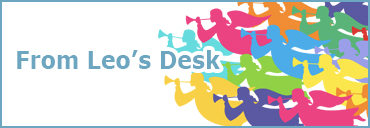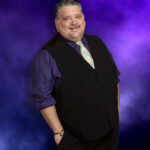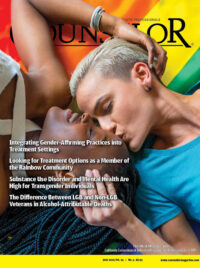Share

If I reflect upon the changing beliefs I’ve made in my life, they revolve around my disinterest with church dogma and my growing fascination with how the divine co-creates with nature. It wasn’t a conscious formulation, as I’m presenting in this book, but rather a feeling that an exclusive preoccupation with what God is doing in our lives can take us away from realizing the human response. It increasingly seemed that the prayers I recited and the sermons I heard didn’t fit with what I was actually experiencing and believed. I developed a growing agnosticism with “churchianity” (Booth, 2012, p. 3–4).
Let’s step back for a moment and examine how something as pious as a belief in God can become so twisted that it allows for the persecution, rape, and killing of hundreds of thousands, potentially millions.
Here is an excerpt from When God Becomes a Drug,
In his book To Have or To Be, Erich Fromm describes religion as “not necessarily having to do with a concept of God, but as any group-shared system of thought and action that offers the individual a frame of orientation and an object of devotion.” As Fromm suggests, religions and belief systems seem to be divided into two camps: those that believe that human nature is essentially good and focus on our innate dignity, and those that maintain that humans are inherently evil and base.
This corresponds with my own definition of religion as being essentially a set of man-made principles about God, focusing on a teacher or prophet, in contrast to spirituality, which is the process of becoming a positive and creative person. Moreover, this definition allows us to look not only at organized religion, but also any group or belief system that either generates dysfunction or is used dysfunctionally.
When those beliefs inspire us to develop our creative potential, whether spiritually as individuals or culturally as a society, those beliefs move us forward and may be seen as healthy. When they limit or paralyze us, or are used by ourselves or others to oppress and victimize us, they can be regarded as unhealthy (Booth, 1998, p. 19–20).
About Me
Larry Hearn is a seasoned SUD counselor, licensed Religious Science Practitioner, and a committed advocate for healing and personal transformation. Armed with a Social Model Studies Certificate from the CCAPP Academy (formerly known as the CAARR Institute), education from Modesto Junior College, and certification from CCAPP, Larry boasts a robust 24-year background in addiction counseling. As a member of the California Coalition of Certifying Organizations (CCCO), he played an active role in shaping the California Code of Ethics and Sanctions Matrix.
Larry currently serves as Supervising Editor for Counselor Magazine and Media & Infrastructure Manager for the California Consortium of Addiction Programs and Professionals (CCAPP), where he combines his clinical insight with media and educational strategy to uplift the profession and support the workforce.
His passion extends to facilitating treatment and education groups, grief circles, and individual counseling, creating a secure and supportive environment for individuals to navigate recovery, grief, and emotional trauma. He enjoys training and mentoring SUD counselors. In his capacity as a licensed Religious Science Practitioner, he seamlessly integrates therapeutic and spiritual modalities, guiding individuals on a journey toward enduring recovery and inner peace. Beyond addiction counseling, Larry underscores the significance of grief healing and personal growth in his compassionate approach.











 Counselor Magazine is the official publication of the California Association of Addiction Programs and Professionals (CCAPP). Counselor offers online continuing education, article archives, subscription deals, and article submission guidelines. It has been serving the addiction field for more than thirty years.
Counselor Magazine is the official publication of the California Association of Addiction Programs and Professionals (CCAPP). Counselor offers online continuing education, article archives, subscription deals, and article submission guidelines. It has been serving the addiction field for more than thirty years.